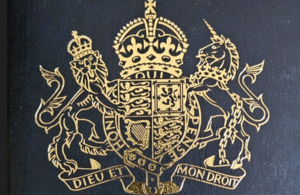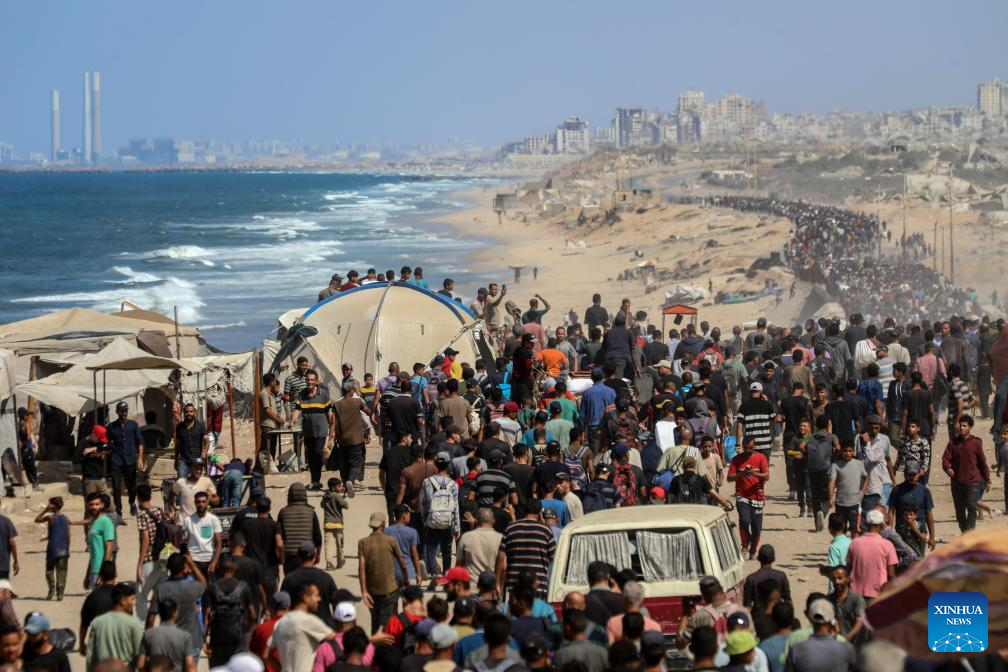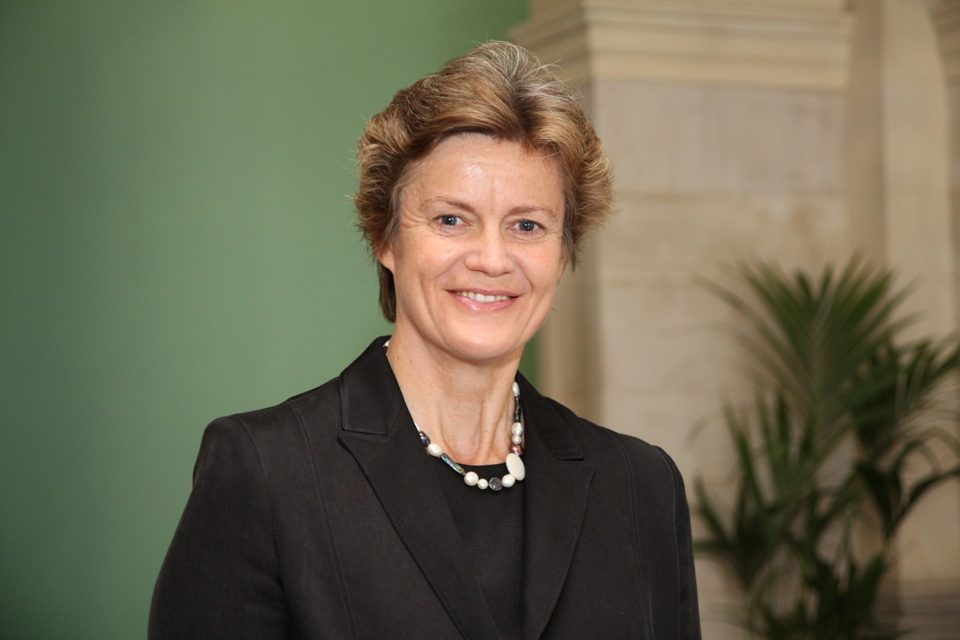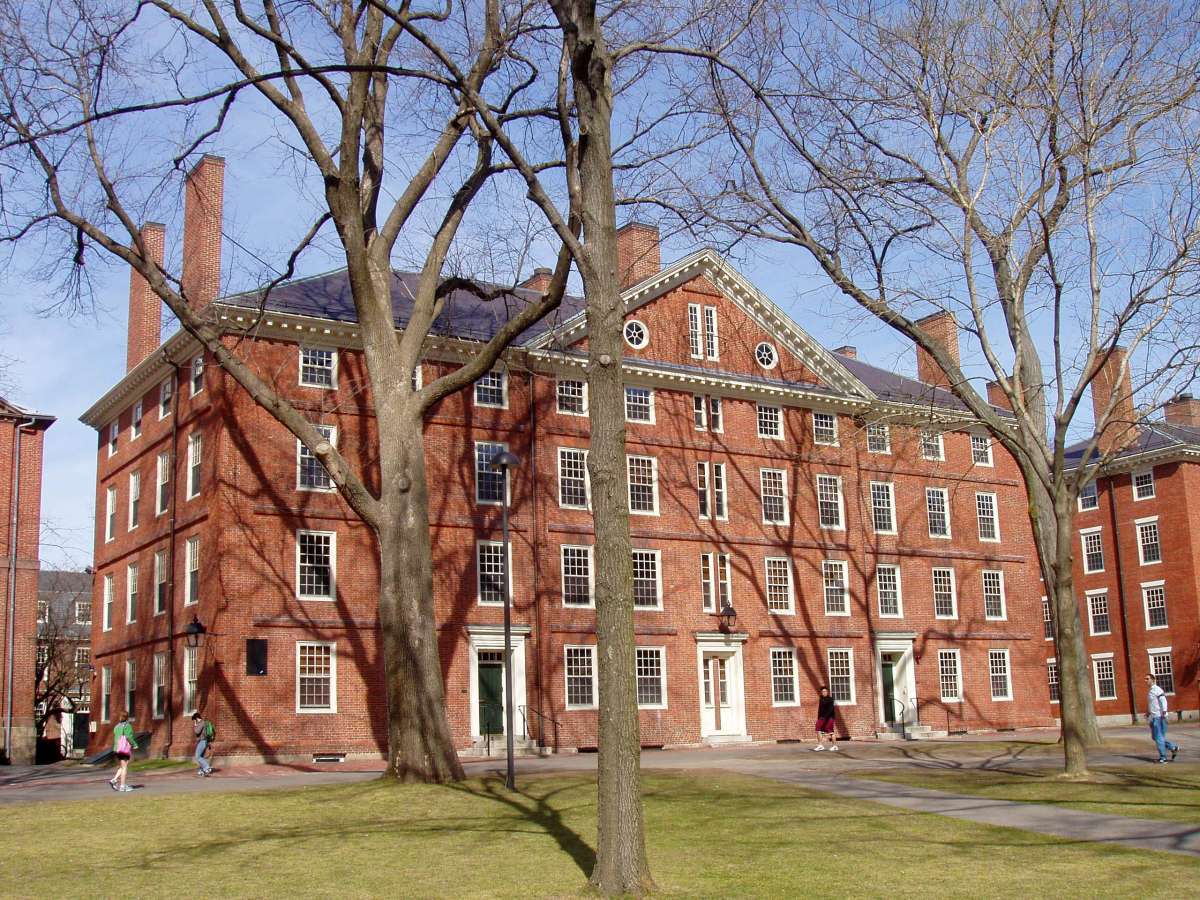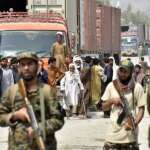Wagner is a private mercenary army led by Yevgeny Prigozhin that has played a key role in the war in Ukraine…reports Asian Lite News
A decade-long failure by the British government has allowed the Wagner network to grow, spread its tentacles deep into Africa and exploit vulnerable countries, according to a highly critical report from the UK’s foreign affairs select committee.
It called on the government to proscribe the Wagner group in the UK and to make a far more concerted effort to stop it using the City of London as a financial centre.
Wagner is a private mercenary army led by Yevgeny Prigozhin that has played a key role in the war in Ukraine. In June, Prigozhin and his troops staged a short-lived coup against the authorities in Moscow, and the relationship between the Wagner leader and Vladimir Putin is currently unclear.
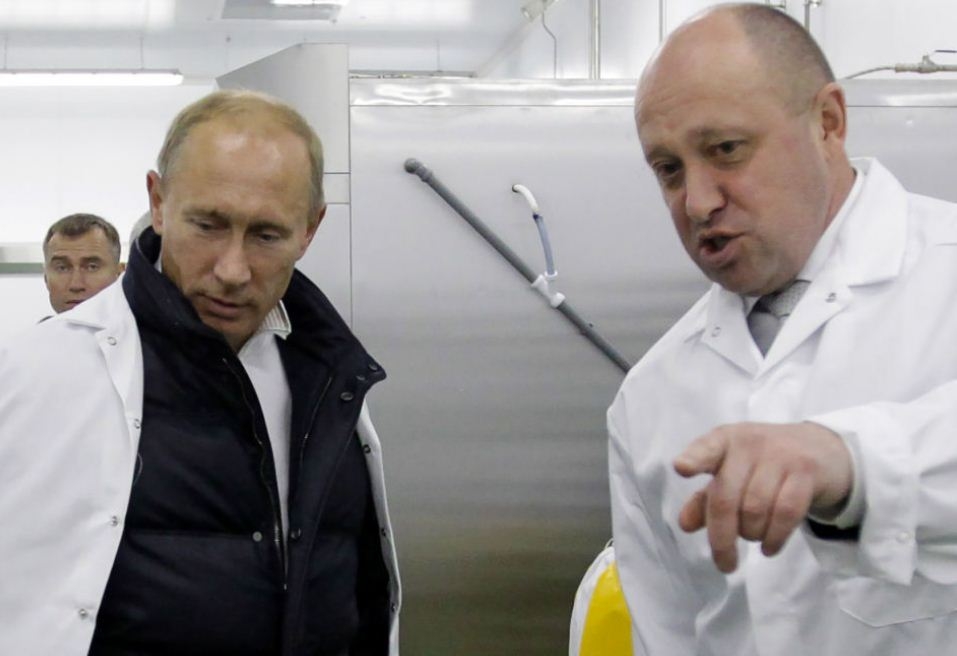
Describing the overall UK approach to private military companies as complacent, the report says the UK has imposed sanctions on about half as many members of the Wagner group as the US and the EU. The committee has given the Foreign Office a published list of 49 Wagner associates that it says the government should examine.
Evidence given to the committee shows that Wagner not only has worked for Russia but has also, for instance, been active in Libya in the service of Saudi Arabia and the United Arab Emirates.
An anonymised witness who had defected from the group said: “Wagner is involved in promoting the interests of the political elite of Russia outside the countries of the former Soviet Union and the implementation of large-scale business projects under intergovernmental agreements. No other Russian paramilitary structure operates in this way. Wagner has a complete monopoly in this field.”
The committee concluded: “For nearly 10 years, the government has under-played and under-estimated the Wagner network’s activities, as well as the security implications of its significant expansion. The government has not told us anything specific that it is doing to challenge the network’s influence and impunity in countries other than Ukraine, beyond sanctions coordination (which itself appears limited).”
The report reveals that it took six weeks for the government to identify the lead department responsible for countering Wagner. It describes the Foreign Office minister Leo Docherty as being unable “to demonstrate joined-up working within the department, lessons sharing, strategic thinking, or a clear definition of what the Wagner network is”.
The committee said the Wagner group was definitely operating in seven countries, and quite possibly 10 more. The seven were Ukraine, Syria, Central African Republic (CAR), Sudan, Libya, Mozambique and Mali.
Alicia Kearns, the chair of the committee, said: “We are deeply concerned by the government’s dismal lack of understanding of Wagner’s hold beyond Europe, in particular their grip on African states. This is a fundamental failing of a joined-up government; ministers appear to be in denial about the consequences of failing to tackle this malign business model before it takes hold. Where the west moves out, Wagner moves in, seeing opportunity in suffering and profit in chaos.
“The UK must provide an alternative for countries that are struggling; those who feel abandoned by the developed world and see the Wagner network as a provider of security. Partnership with the Wagner network is not just beneficial to the Russian government, it is a foreign policy goal of the Kremlin to force failing states to rely on the Wagner network.”
In a novel step, the committee commissioned open-source investigative research as part of its inquiry and as a result named Wagner-linked individuals and organisations.
The committee recommended that national governments that collude with the Wagner group to breach UN sanctions, or that take no steps to protect their populations from Wagner, should be considered for sanctions by the UK government.
The committee criticised the UK decision in late 2022 to withdraw troops from Mali earlier than expected, saying it was taken after merely a write-around among cabinet ministers rather than any considered discussion in which the Foreign Office was closely involved.
It is not clear what efforts the UK made to encourage the Malian authorities to allow the UN mission to operate freely. The decision to withdraw was taken collectively via the national security council, via a “write-round process initiated by the defence secretary”.




